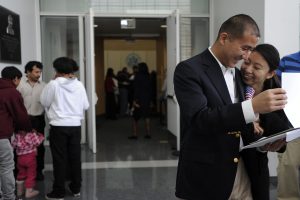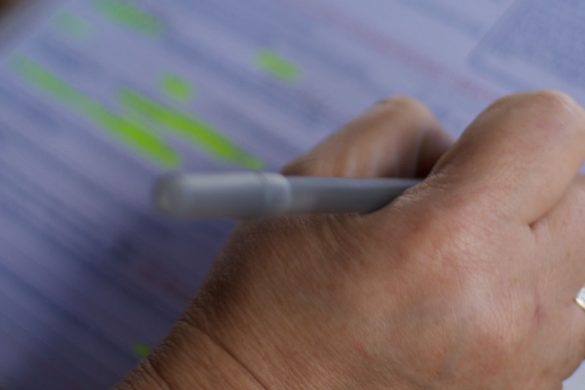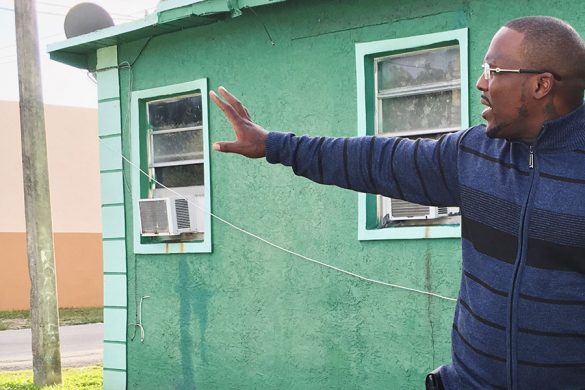
Through March 2016, the U.S. Citizenship and Immigration Services has received 435,196 naturalization applications. (Photo by News21 staff)
PHOENIX – Applications for U.S. citizenship have spiked in recent presidential election years.
The number of applications so far this year has outpaced those received during the same time period in 2012, according to data from U.S. Citizenship and Immigration Services.
In the 2016 federal fiscal year, the number of naturalization applications submitted through March is more than 6 percent higher than those submitted during the same time period in fiscal 2012.
Latino advocacy groups across the country encourage immigrants to become citizens so they can vote. A Pew Research Center report released in January indicated that newly naturalized citizens will be the second-largest source of growth for the Latino electorate between November 2012 and November 2016.
In Arizona, efforts to encourage Latinos to apply for citizenship have been spearheaded by the One Arizona coalition, a collection of Latino advocacy organizations active in the state.
Alicia Contreras, a Promise Arizona employee, said it’s too late for people who want to apply for citizenship so they can vote in the November election. They would have needed to submit their applications by at least May 5.
The naturalization process takes an average of six months, according to U.S.Citizenship and Immigration Services.
This year, Latino advocacy group Promise Arizona, a member of the One Arizona coalition, started to help people with their citizenship applications. Between April and May, Contreras said the group helped 15 people complete and submit applications.
Contreras said this year, she feels more Latinos are “fed up with hatred.” She said those applying for citizenship felt it was time for their voices to be heard.
Leticia Lañes, 65, attended a February workshop organized by the One Arizona coalition to get help with her citizenship application. She said she arrived to the U.S. in 1989 and started working on her application a month before the workshop.
“It’s intimidating to speak with an immigration official,” she said in Spanish. “You don’t know what they’re going to ask you, what they’re going to say.”
Despite her nervousness about the process, she said being able to vote and exercise her rights as a citizen were important to her.
Courtney Columbus is a Reynolds fellow. Follow her on Twitter @cmcolumbus11.





